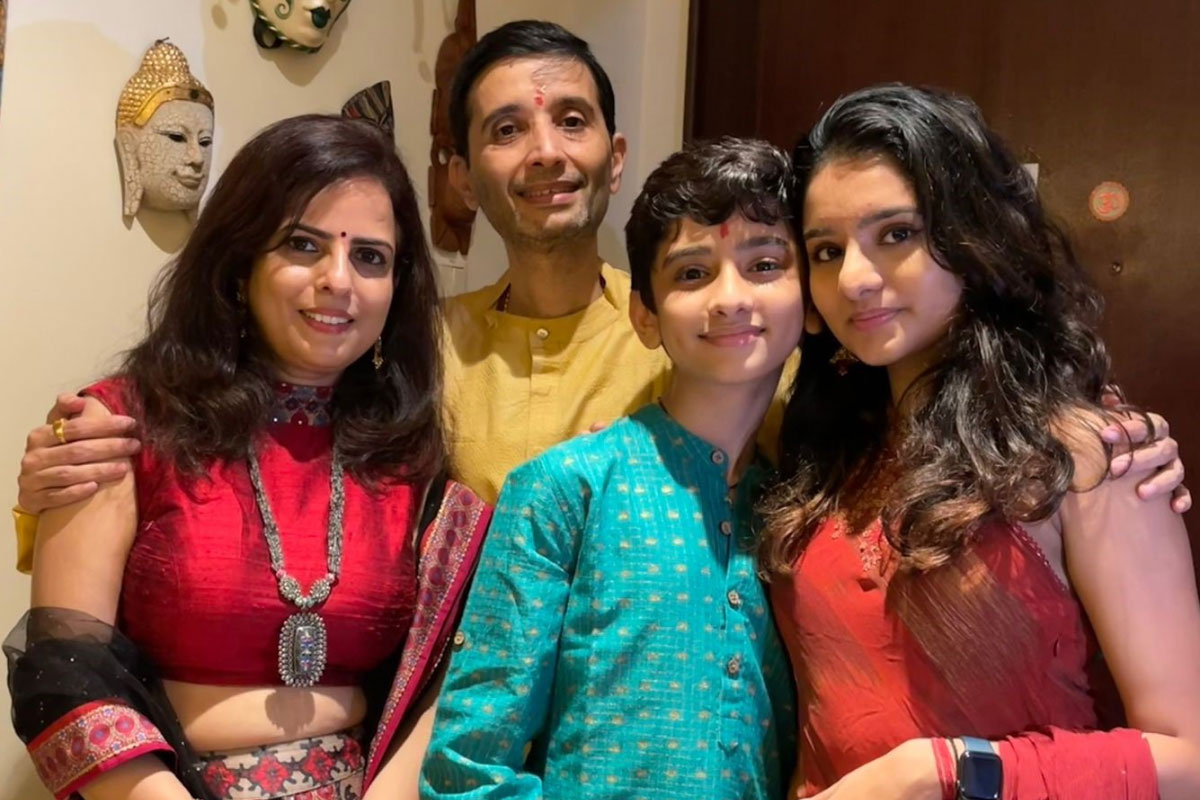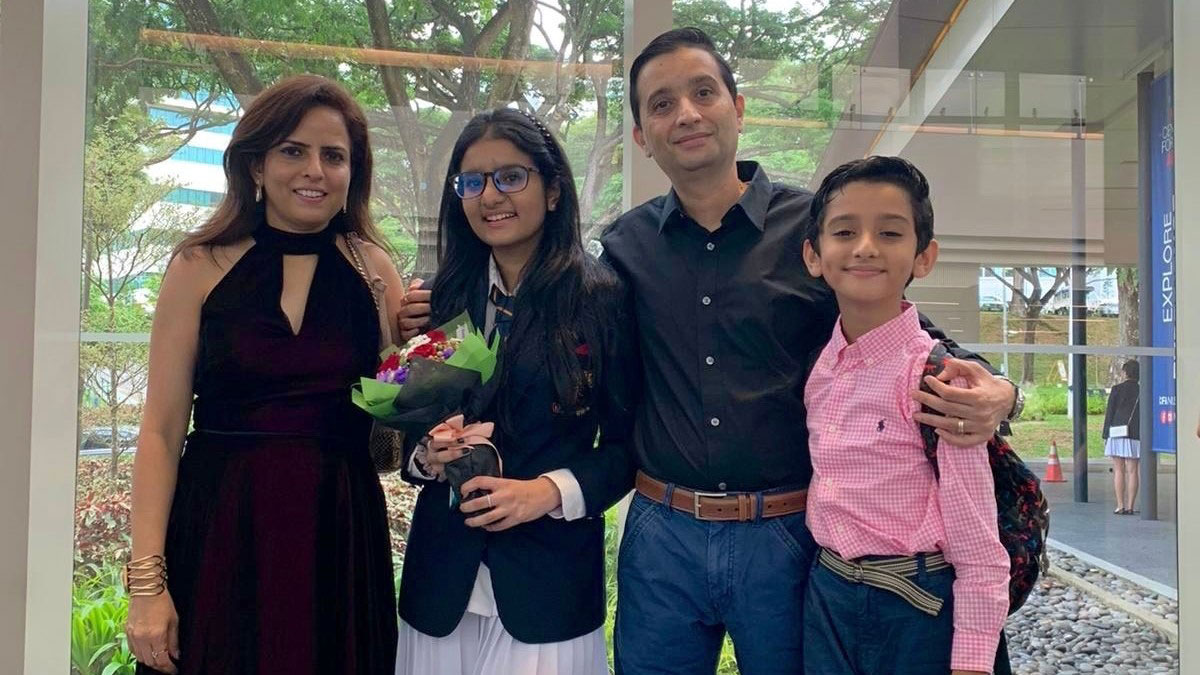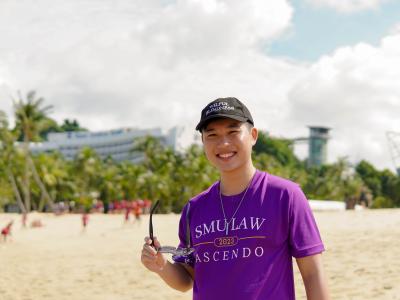
The International Baccalaureate (IB) is widely known as a demanding programme that fosters individual inquiry and has produced critical thinkers with a global perspective. If you are a parent of an IB student, chances are they've been talking about university. You might be wondering how you can help, where to start and what will happen next?
We thought it might help to share the experience of a parent of an SMU student who took the IB route, who could provide insights into the university decision process, and offer tips on how parents can help their children go through the process with ease.
Darayus Bhesania, whose daughter Anahita is a second-year SMU School of Social Sciences student pursuing a double degree in Politics, Law, Economics (PLE) and Economics, believes that the IB programme's holistic approach towards teaching and learning bears strong similarities to that of SMU. After all, SMU's innovative curriculum nurtures students into well-rounded individuals and equips them with the workplace skills needed to thrive in a new economy.
Here we have a chat with Darayus to learn more about Anahita’s seamless transition to life as a SMUgger.
Q: How do you think the IB programme has helped Anahita to stand out when she applied for university?
A: My daughter was very clear that if she had to stay in Singapore, the university she'd prefer to go to is SMU. The IB curriculum is really fantastic; there's a lot of emphasis on the application part of learning. So it's very hands-on, practical, and holistic. It is a lot about applying yourself, not just about learning formulas and regurgitating them.
Unlike the traditional education that parents have undergone, which revolved mainly around rote learning, the IB programme encourages structured thinking, breaking problems down into small, manageable parts.
Q: What drew you and Anahita to SMU when she was shortlisting university options?
A: Anahita felt that the SMU interactive learning process was almost an extension of her high school experience and resonated with her priorities. Personally, I’ve also had the opportunity to hire SMU graduates through my work. I've always been particularly impressed with SMU grads. When it comes to application and judgment — a person’s ability to apply their knowledge and experience based on a situation is most critical — they stood out.
We attended the SMU Open House and had the opportunity to hear from SMU President Lily Kong, who was the guest of honour at the ACS International graduation ceremony — which reinforced our impression of SMU. Despite exploring universities in the United Kingdom, United States, and Canada, I felt that Anahita would enjoy more significant opportunities in Singapore's global marketplace.

Q: What was the experience like for Anahita making the leap from IB to uni?
A: Covid meant that kids hadn't had the same experience on campus, but from what I experienced, because she came from IB, it was more seamless for her to cope with the SMU style of learning and curriculum.
She was also very familiar with community service and co-curricular activities because she was assessed based on a range of tasks in high school. So it was not like she had to mentally open up to brand new things. Instead, she found the right platform to fuel her interest in getting into leadership positions and being vocal.
While my daughter did not have trouble settling in, I would think the Core Curriculum is perhaps helpful for first-year students making the leap to tertiary education.
Q: What are some tips you have for parents of IB grads who are now helping their children through the university application process?
A: To me, there are lots of variables that need to be considered when it comes to choosing a university.
What is it you want for your child? To be wiser, more knowledgeable, get a better job, or be a better citizen? You need to determine the factors that matter most to you.
Done with the conversation? Get your child ready to take on the world. Applications are now open!

